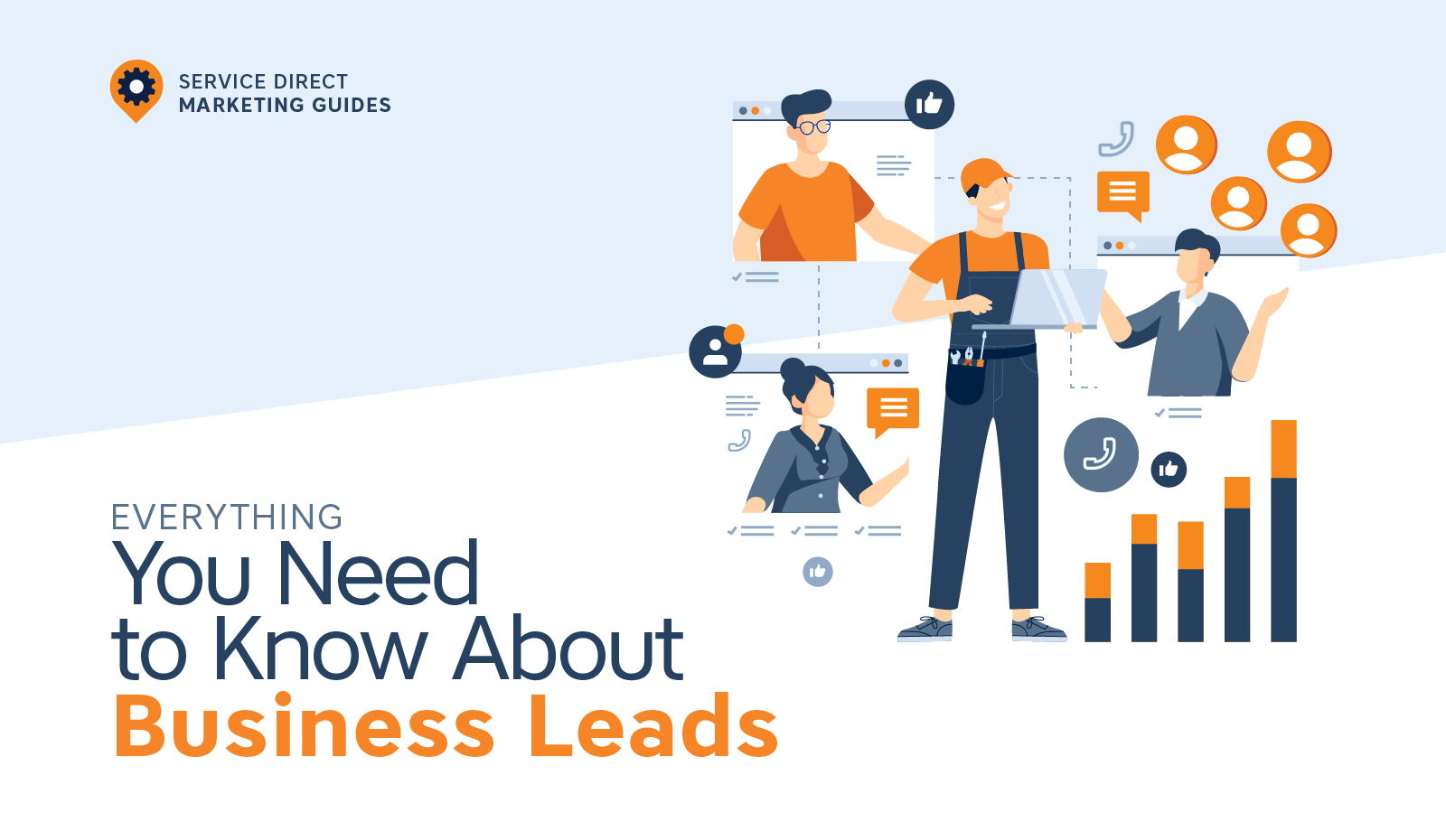Everything You Need to Know About Business Leads
In the world of business, leads are the lifeblood that fuels growth and success. That’s why it’s key to grasp this concept before you begin to dive into more involved business ventures such as inbound marketing, SEO, and social media growth.
For new small business owners, understanding what business leads are and how to effectively harness their potential is crucial and can be daunting. But, never fear—with a surface-level understanding of lead-related topics, you’ll be well on your way to growing your small business.
In this beginner's guide, we will explore the fundamentals of business leads, including how they are generated, the different types of leads, and the pathways through which leads can be converted into valuable customers.
What Are Business Leads?
A business lead refers to a person or organization that has shown interest in your products or services. It could be someone who has provided their contact information, interacted with your website, called your phone number, or expressed interest through other means.
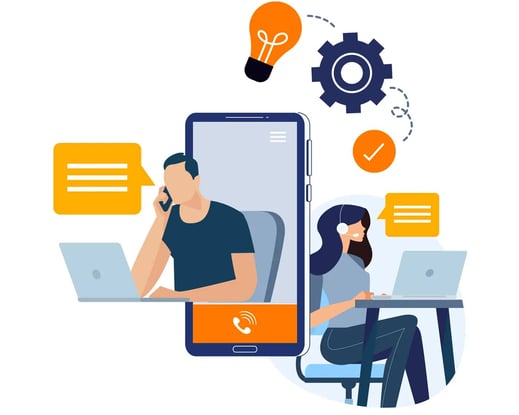
These leads have the potential to become paying customers, making them a valuable asset for your business. They represent opportunities for your business to grow its customer base and generate revenue.
By understanding and effectively managing leads, you can optimize your marketing and sales efforts, increase conversions, and foster long-term customer relationships.
It's important to note that not all leads are equal. Some leads may be more engaged and closer to making a purchasing decision, while others may require more nurturing and relationship-building.
Having a deep familiarity with the different types of leads and their characteristics can help you tailor your marketing strategies and communication to effectively engage and convert them.
How Do Companies Generate Leads?
Companies employ various tactics and strategies to attract potential customers and convert them into leads. These include both online methods, such as your website, social media, and marketing campaigns, as well as offline methods like trade shows, referrals, and networking.
Let's look a bit closer at some common methods of lead generation:
- Content Marketing: Creating valuable content attracts and engages potential customers, establishing businesses as industry authorities.
- SEO: Optimizing websites and content improves search engine visibility, driving organic traffic and generating leads.
- Social Media Marketing: Engaging content, targeted ads, and active interactions on social platforms help connect with the target audience. You can also leverage LinkedIn prospecting tools to seamlessly connect with your ideal customers, opening doors to new business opportunities.
- Email Marketing: Building an email list allows direct communication and nurturing leads with valuable content and promotions.
- Pay Per Call Campaigns: PPCall lead generation focuses on driving interested customers to your business through phone calls.
- Paid Advertising: Targeted ads on platforms like Google and social media expand reach and attract potential customers.
Remember, successful lead generation requires a combination of strategies tailored to your target audience and industry. Experimenting, tracking results, and continually optimizing your approach will help you refine your lead generation efforts and maximize their effectiveness.
Can You Buy Business Leads?
The short answer is yes, you can buy business leads. As a small business owner, you may come across the option to purchase business leads from lead generation companies.
Lead generation partnerships can be a powerful way to grow your business, but it's essential to understand the implications and considerations before diving in. Knowing what to expect when working with a lead generation company is critical to ensuring the partnership is a good fit.
Ultimately, the decision to buy leads or not depends on your business's unique circumstances, budget, and goals. Consider the pros and cons, evaluate your resources, and choose the approach that aligns best with your long-term growth strategy.
Exclusive Leads vs. Non-Exclusive Leads
When it comes to buying business leads, one important consideration is whether they are exclusive or non-exclusive. Understanding the distinction between these 2 types can significantly impact your lead conversion efforts.

Exclusive leads are leads that are sold or provided to only one business.
When you have exclusive access to a lead, it means you are the sole recipient of their information and have the opportunity to engage with them without competition from other businesses. This exclusivity can increase your chances of converting the lead into a customer.
Conversely, non-exclusive leads are leads that are sold or provided to multiple businesses.
These leads may have expressed interest in a particular product or service, but their information is shared with multiple businesses simultaneously. This means you will be competing with other companies to capture their attention and convert them into customers.
Typically for new businesses, exclusive leads are going to be a better bet from a conversion perspective, but because they tend to be more expensive, they may put a strain on your budget. Ultimately, it’s up to you to decide which type of lead you’re more comfortable buying.
Form Leads
Form leads are generated through online forms, generally found on landing pages. These forms typically ask visitors to provide their contact information, such as name, email address, phone number, or specific details related to their needs or interests.
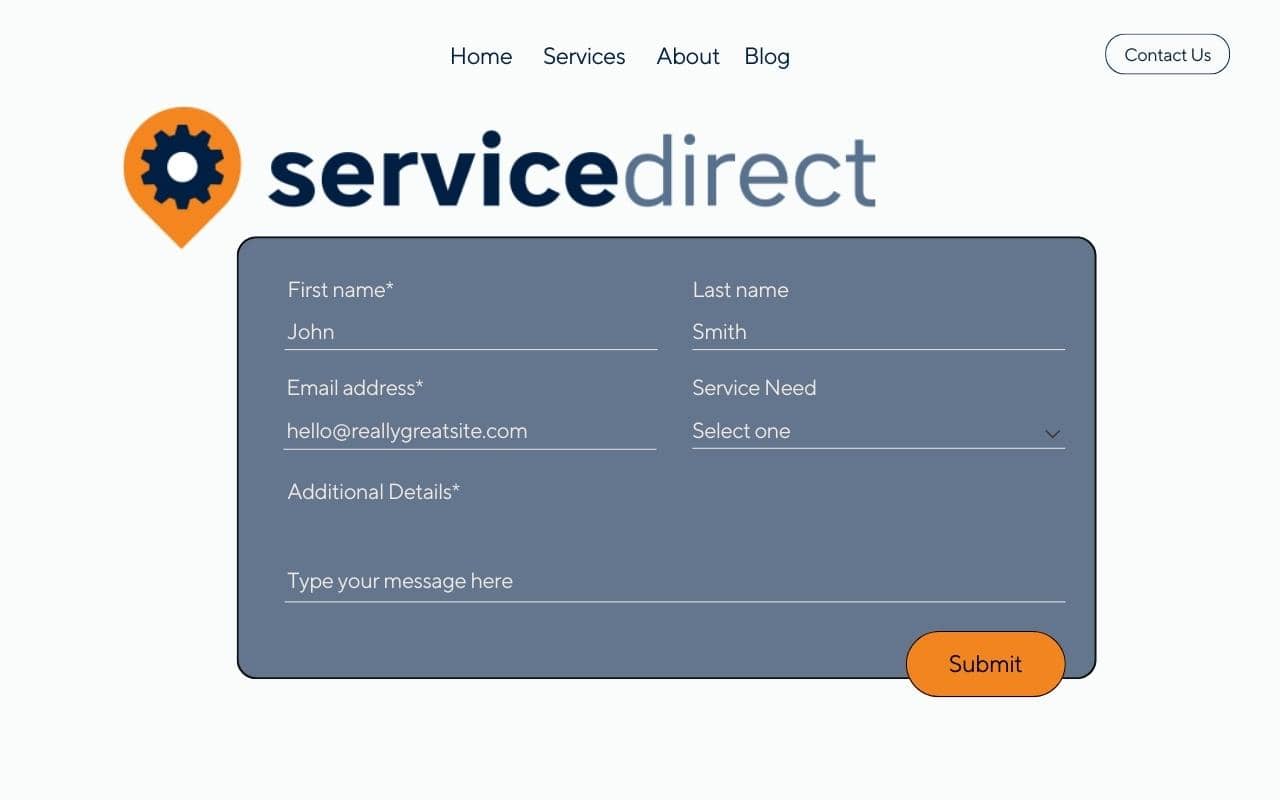
Form leads offer several advantages for businesses seeking to generate and convert leads.
When visitors fill out a form, it indicates a higher level of interest in your products or services.
This allows for targeted communication and personalized follow-ups tailored to the potential customer.
Additionally, form leads provide valuable data and insights that can be used to analyze customer behavior, preferences, and service needs. By keeping forms simple and ensuring mobile-friendliness, businesses can optimize their form lead generation strategies.
Phone Leads
Phone leads refer to potential customers who have expressed interest and reached out to your business on the phone. While texting, email, and form submissions have become prevalent, phone leads remain a valuable source for connecting directly with prospects and building personal relationships.
Phone leads offer valuable benefits for businesses aiming to connect with potential customers. Phone calls allow for instant engagement and active qualification of leads, enabling businesses to address questions, understand specific needs, and tailor their approach for higher conversion rates.
By incorporating phone leads into your lead generation and conversion strategies, you can enhance your ability to connect with potential customers on a personal level and drive meaningful conversions.
Email Leads
Email leads are potential customers who have provided their email addresses for further communication and engagement. Email marketing remains a powerful tool for nurturing leads, building relationships, and converting prospects into paying customers.
These leads provide opportunities for targeted communication, relationship building, and, most notably, automation. Automated workflows can deliver relevant content, send follow-ups, and track engagement, even as the lead list grows.
By effectively leveraging email leads and implementing best practices, businesses can create targeted, personalized, and engaging email campaigns that drive conversions.
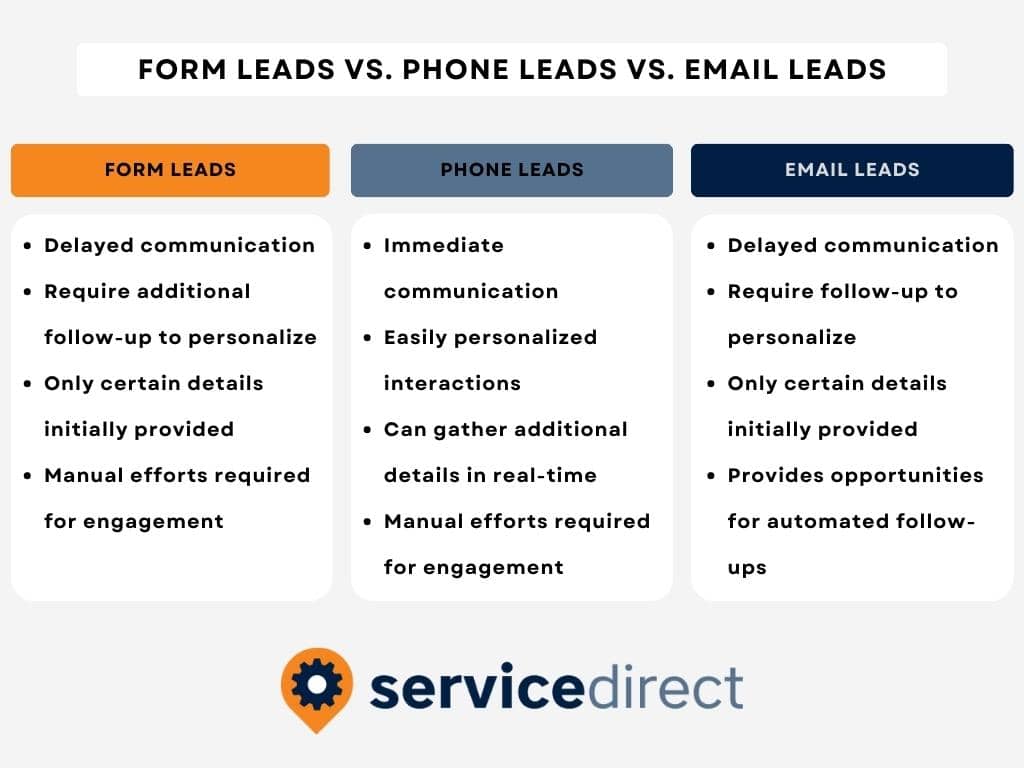
Affiliate Marketing
Affiliate marketing is a performance-based marketing strategy in which businesses collaborate with affiliates or partners to promote their products or services. These affiliates earn a commission for every successful referral or sale they generate.
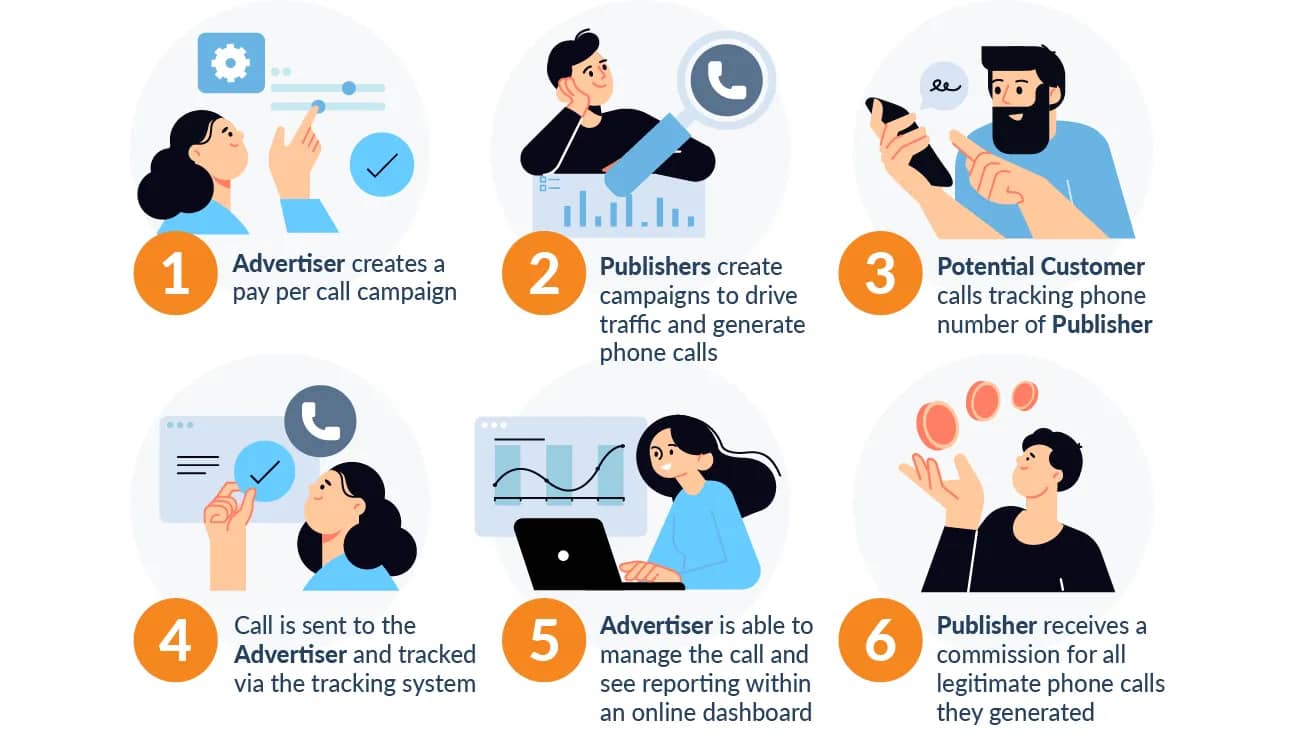
When a small business establishes a partnership with affiliates who have relevant audiences or platforms, those affiliates promote the business's products or services through various channels, such as websites, blogs, social media, or email marketing.
They utilize unique referral links to track their marketing efforts. When a referred customer makes a purchase or completes a desired action, the affiliate receives a commission.
Affiliate marketing can be a valuable addition to a small business's marketing strategy, providing an opportunity to leverage the influence and reach of affiliates to drive sales and brand awareness.
How Do Leads Become Customers?
Converting leads into customers involves several key steps:
- First, leads are captured through various channels and their contact information is collected.
- Next, businesses nurture leads by delivering valuable content and maintaining regular communication. Qualification and segmentation help tailor messaging based on individual needs.
- Following that, sales engagement occurs when leads show high interest, leading to a purchase decision. Businesses then focus on conversion and onboarding, providing exceptional customer service.
- Finally, post-purchase engagement includes ongoing communication, loyalty programs, and addressing concerns. By delivering exceptional experiences, businesses foster customer retention and advocacy.
Throughout the process, tracking and analyzing data is crucial for continuous improvement. Optimizing each stage of the customer journey helps increase conversion rates and build a loyal customer base.
Conclusion
Understanding and harnessing the power of business leads is crucial for small business owners. From form leads to phone leads, email leads, and affiliate marketing, each type offers unique advantages.
By implementing effective lead generation strategies, nurturing leads, and optimizing the conversion process, small businesses can transform leads into loyal customers. Stay informed, connected, and adaptable to drive sustained growth and success. Embrace the power of leads and seize the opportunities they present for your business.

